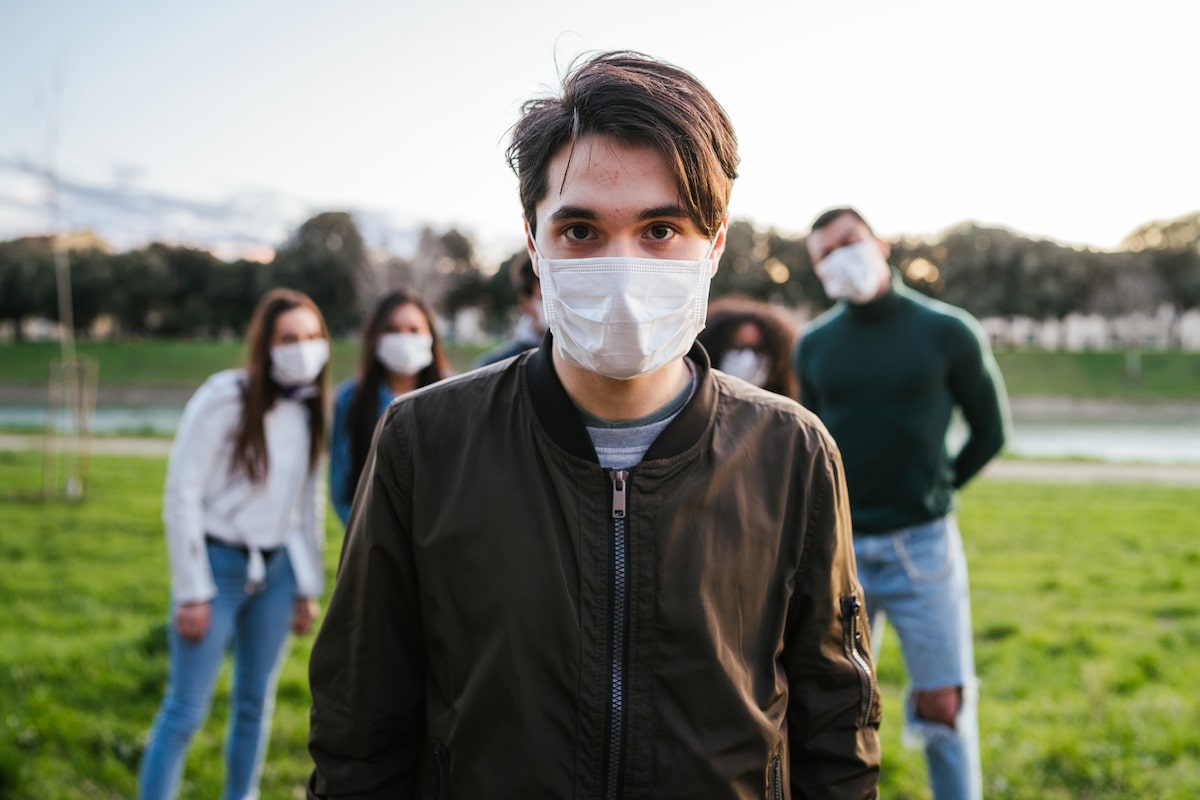<< Back
How to Keep State Campuses Safe From COVID-19

August 19, 2020
If a key to mitigating the threat of COVID-19 has been isolating and limiting contact to a small bubble of family or friends, what does that mean for college students moving into dorms and apartments this month?
Keith Grant, system director of infection prevention with Hartford HealthCare, said students should pack the lessons learned in the early months of the pandemic with their spare sheets and toiletries for a healthy semester.
“We’ve done this before,” he said. “We’ve closed health systems partially, we closed the state for the most part and reopened with very good success. Do exactly what we’ve done so far.”
That, he said, includes:
- Universal masking.
- Properly using personal protection equipment such as gloves.
- Watching for the telling symptoms of COVID-19, particularly high fever, aches and pains, gastrointestinal distress and fatigue.
- Reporting any suspicious symptoms to campus health officials as soon as possible.
- Practicing good hand hygiene.
- Identifying any potentially risky behavior and trying to avoid it as much as possible.
Hartford HealthCare partners through its Campus Cares Program to offer healthcare to more than 18,000 students at the University of Hartford, Connecticut College and Trinity College. It is now part of the testing plans on those campuses. This, Grant said, will be vital to helping the schools avoid COVID-19 outbreaks, especially once seasonal flu becomes prevalent.
“One of things that got us to this point, primarily, is having information going out to the public as to what they need to do,” he said. “The information we got from testing helped us with predictive modeling and to make critical decisions about reopening, when to reopen, knowing where the (virus) prevalence is and what population we need to focus on.”
On college campuses, he added, the constant monitoring and routine testing will help officials obtain the data needed to respond quickly if pockets of infection arise.
He also suggested that students prepare for their move onto campus by quarantining at home for seven to 10 days before leaving for school, and then another seven to 14 days once they arrive on campus.
“We have students coming from geographic areas away from Connecticut with different prevalence,” he said. “(Quarantine) will give the college an idea of any incubation period from exposure before arriving on campus so, hopefully, they can capture it.”
Not feeling well? Call your healthcare provider for guidance and try to avoid going directly to an emergency department or urgent care center, as this could increase the chances of the disease spreading.
Click here to schedule a virtual visit with a Hartford HealthCare-GoHealth Urgent Care provider.
Stay with Hartford HealthCare for everything you need to know about the coronavirus threat. Click here for information updated daily.
Listen and subscribe to Hartford HealthCare’s More Life series on Apple Podcasts by clicking here.
Stay fit. Stay happy. Stay healthy. And keep on top of COVID-19 with Hartford HealthCare’s daily text alerts. Subscribe by texting MoreLife to 31996.